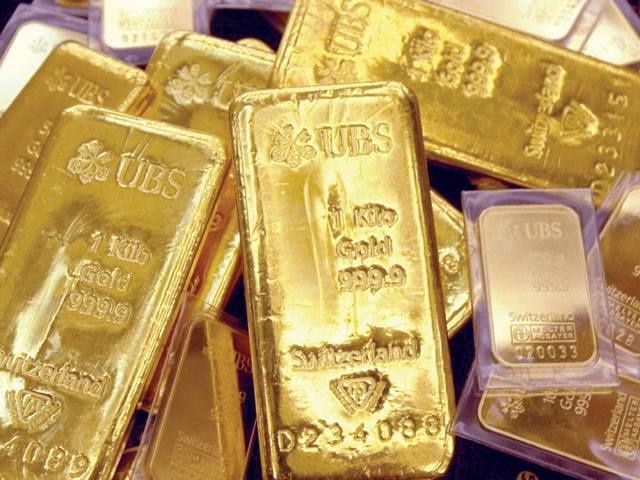ISLAMABAD
The UAE has shown interest to invest in Balochistan’s Reko Diq exploration project, one of the world’s largest gold and copper reserves, which is estimated to value over $260 billion.
Talking to Khaleej Times Friday, Pakistan’s Ambassador to UAE Asif Durrani said that work on the Reko Diq project would start soon. “There is an arbitration going on.
It is another project in which interest has been shown by friendly countries to invest in. The UAE has also shown interest saying they would like to invest in the project,” he said.
Referring to UAE-Pakistan economic relations, the ambassador said the host country was the largest trading partner in the Gulf and Mena regions. “Out of $19 billion trade in the Gulf region, our trade with the UAE is $9 billion. So this balance of trade is in UAE’s favour. We have $7 billion exports from the UAE, mostly oil but also we have other materials such as aluminum and machineries,” he explained.
About exports from Pakistan, Durrani said it was $2.3 billion exports to UAE, mostly in foodstuff with rice being the major product, which is close to $300 million.
“The other exports include perishable fresh fruits and vegetables also valued at close to another $300 million. We also have light engineering products exported to UAE,” he said.
According to him these were last year’s trade exchange figures. About this year the ambassador said: “This year we hope the trade will further grow. Compared to last year, in the last two to three months we have seen an increase in the exports of fruits and vegetables with better packaging and properly waxed. So this year we expect a growth of $100 million to $150 million in fresh fruits and vegetables exports. “We see the UAE as the economic hub of the entire Mena region. It is now emerging trade centre, and we are looking to benefit from the UAE’s strategic location for our exports to the region.”
Another major economic contribution from the UAE, he added was the remittances from Pakistani community members, which is $3 billion annually. About havala system for remittances, he said it has not totally eradicated but still there. He said: “In fact I would say that Pakistani government is considering how fast the banking system could provide remittance services, and how the banking system could access the remote areas.” About Pakistan’s energy requirement, he said it was 4bmcf and the country needs more to fulfill this through projects like Tapi (Turkmenistan-Afghanistan-Pakistan-Indian) pipeline project and supplies from Iran and Qatar.
About Gwadar Deep-Sea Port, he said it was now emerging as an important port, especially after the agreement with China.
This will also lead to the development of multiple road networks that will link the two major North (Central Asia) and South (Gulf) oil and gas producing countries. “China will invest more than $42 billion for the North-South corridor, which includes a road network from Gwadar to China. This will also boost the socio-economy of Gwadar and entire Makkuran region and the whole province of Balochistan,” he said.
The ambassador said the port will further contribute to the economic development in the Gulf region. Gwadar Port will have capability and capacity to reservoir the energy of the Gulf region and shorten the time period and the distance for oil tankers and reduce the tanker traffic chocking. “This project is going to be a game changer in the region.”
Thursday, April 18, 2024
UAE may invest in Pak’s gold, copper projects

Mehwish Hayat says she would like to work with Aamir Khan
9:59 PM | April 18, 2024
'That'll be awesome,' Rohit Sharma on idea of Pakistan vs India Test series
9:17 PM | April 18, 2024
Turkiye commends Pakistan's efforts in fostering regional peace
9:03 PM | April 18, 2024
CM Maryam's security squad hits biker to death in Narowal
9:02 PM | April 18, 2024
Hafiz Naeemur Rehman sworn in as new emir of Jamaat-e-Islami
8:54 PM | April 18, 2024
Hepatitis Challenge
April 18, 2024
IMF Predictions
April 18, 2024
Wheat War
April 18, 2024
Rail Revival
April 17, 2024
Addressing Climate Change
April 17, 2024
Justice denied
April 18, 2024
AI dilemmas unveiled
April 18, 2024
Tax tangle
April 18, 2024
Workforce inequality
April 17, 2024
New partnerships
April 17, 2024
ePaper - Nawaiwaqt
Advertisement
Nawaiwaqt Group | Copyright © 2024





